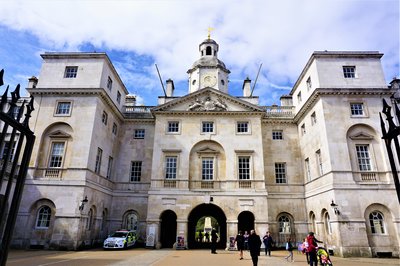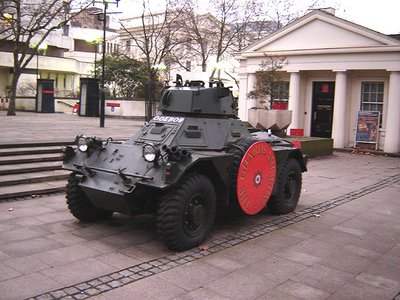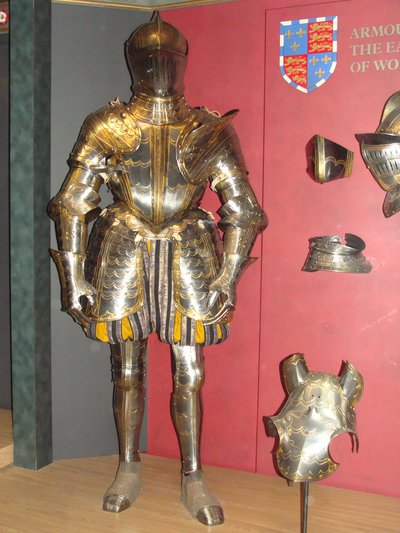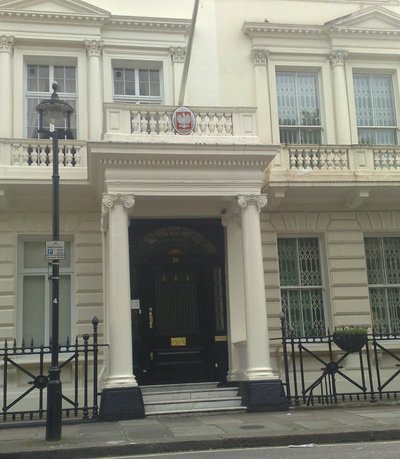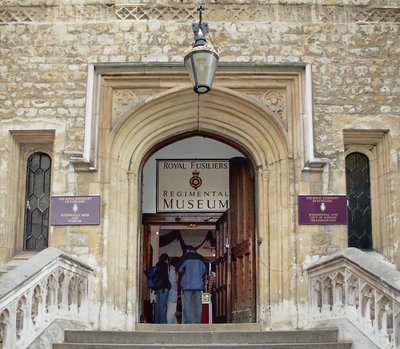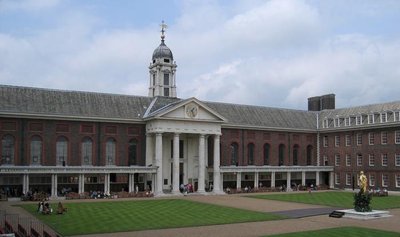Imperial War Museum London
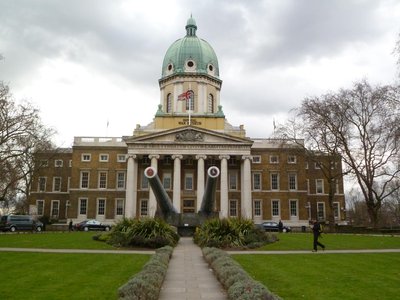
⭐ Highligts
Atrium Icons
Full-size aircraft and missilesSuspended exhibits include a Spitfire, Harrier jet and V-2 rocket, charting aviation from 1940s dogfights to Cold War technology.
📍 Main Atrium
WWI Galleries
Life on the Western FrontThousands of objects and films recreate 1914-1918 trenches, rationing and the global scale of the conflict.
📍 Level 0
WWII Galleries
Global war, 1939-1945Updated galleries explore Blitz aftermath, home front resilience and technology from Enigma to radar.
📍 Level 1
Holocaust Galleries
Deep, survivor-led narrativesOpened in 2021 alongside new WWII spaces, these galleries trace events through testimony, documents and objects.
📍 Upper levels
Art of War
War artists’ striking visionsPaintings and prints from 1916 onward show how artists processed conflict, from Nash to Piper and beyond.
📍 Temporary and core displays
Opening Hours
🤓 Fun Facts
Founded in 1917, the museum began collecting while the First World War was still being fought.
IWM London is one of five branches, alongside IWM Duxford, HMS Belfast, Churchill War Rooms and IWM North.
The new Second World War and Holocaust Galleries opened together in 2021 after a major redevelopment.
A German V-2 rocket on display represents the world’s first long-range guided ballistic missile (first used 1944).
The main atrium regularly displays a Battle of Britain-era Supermarine Spitfire.
